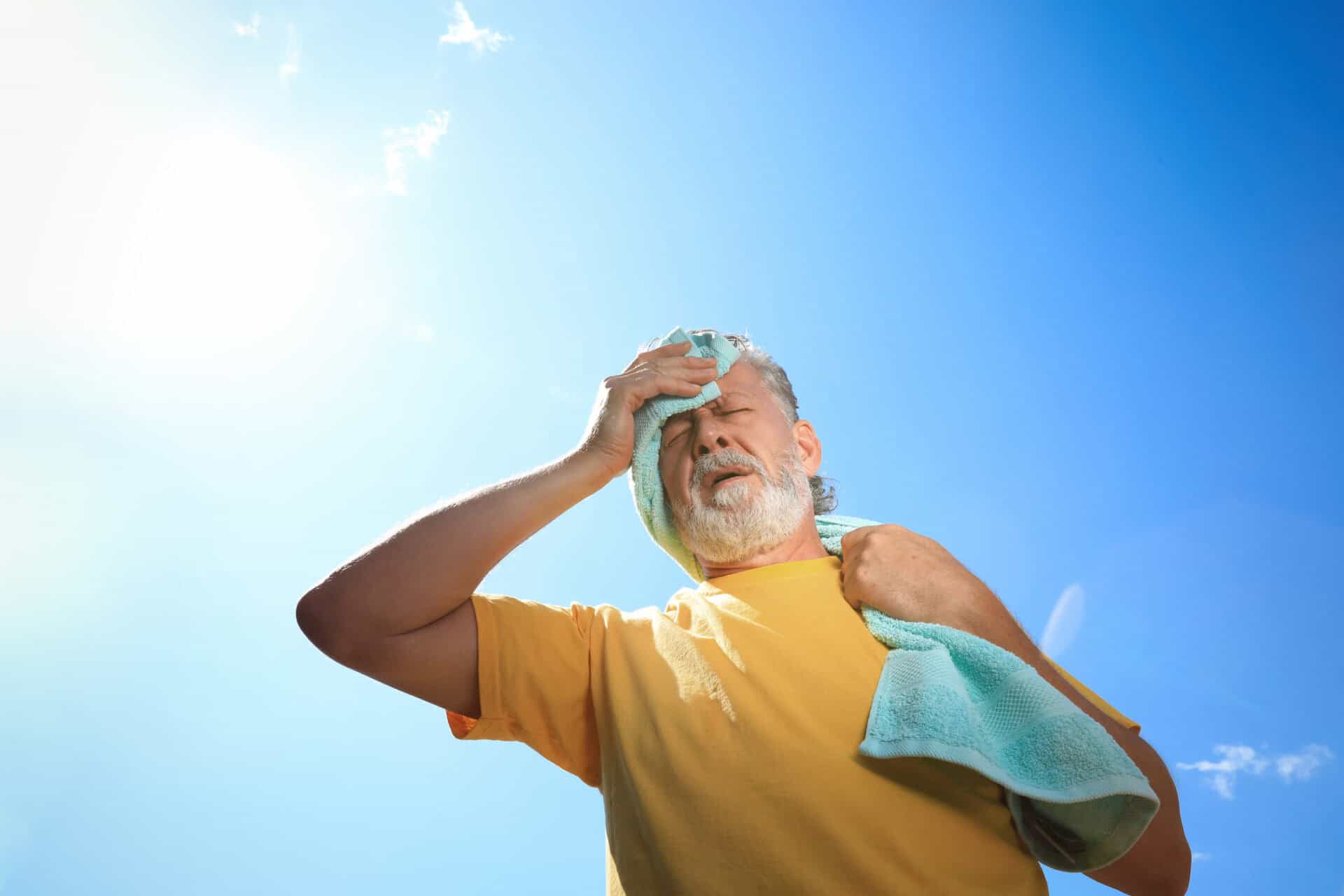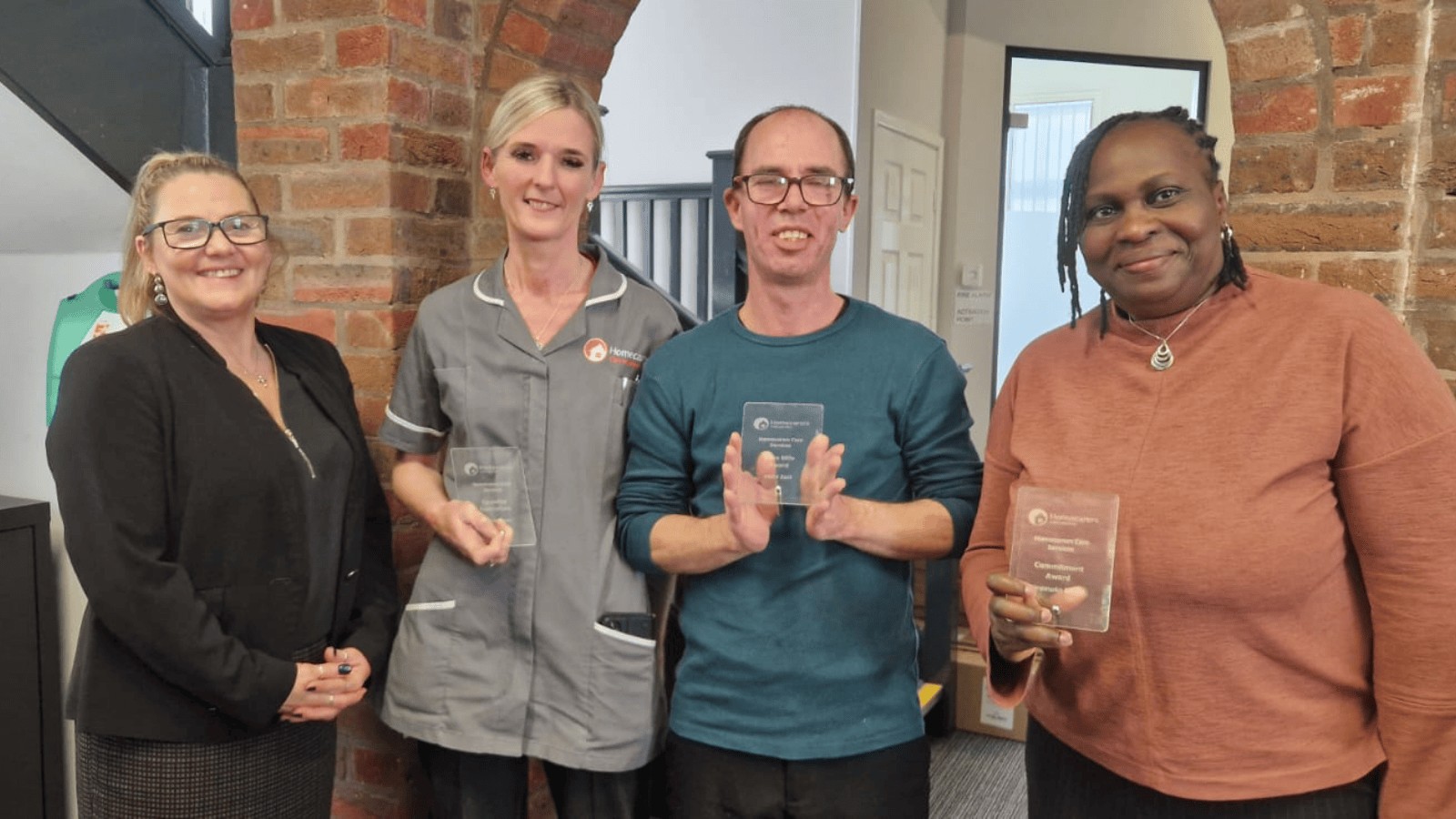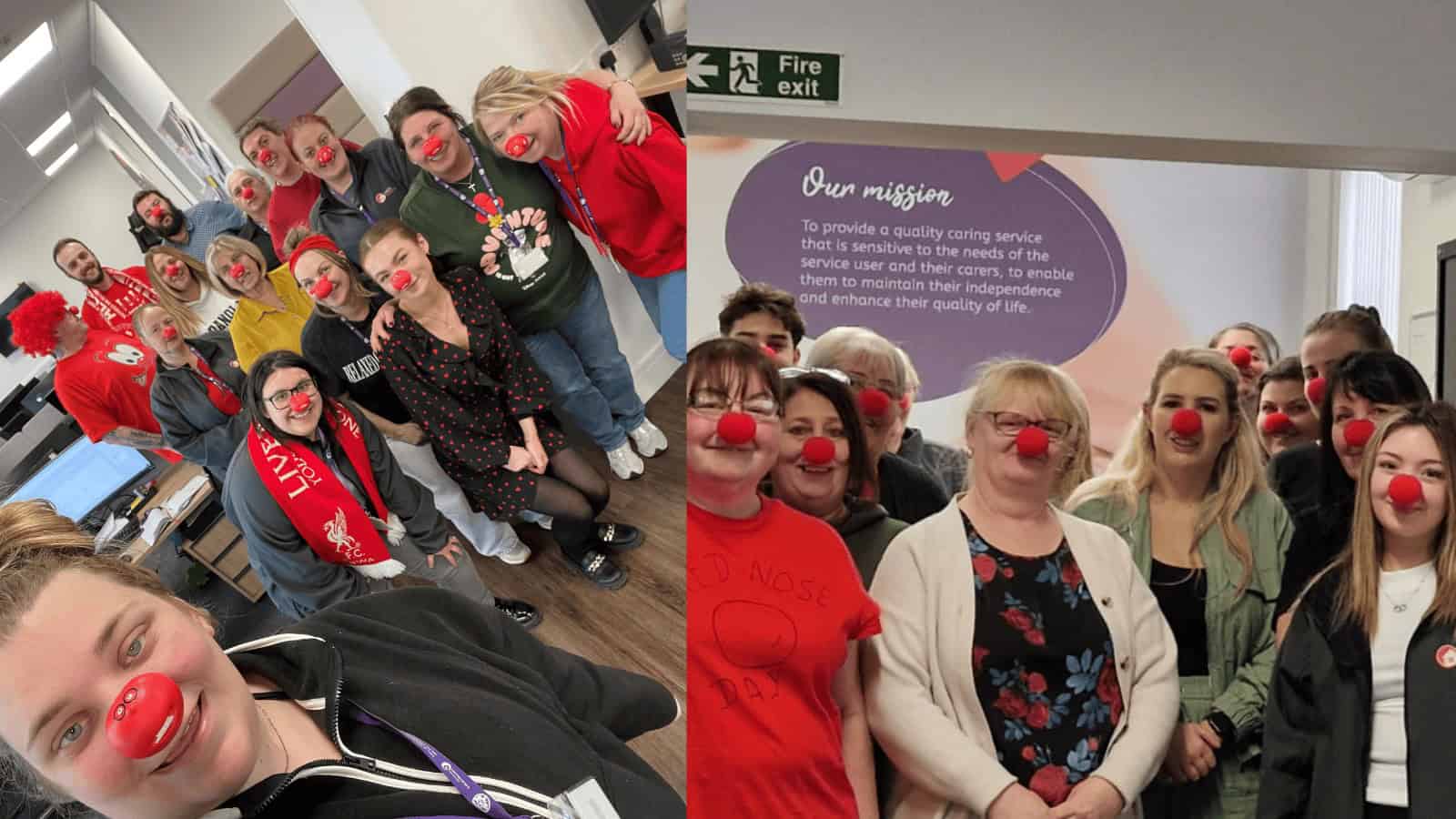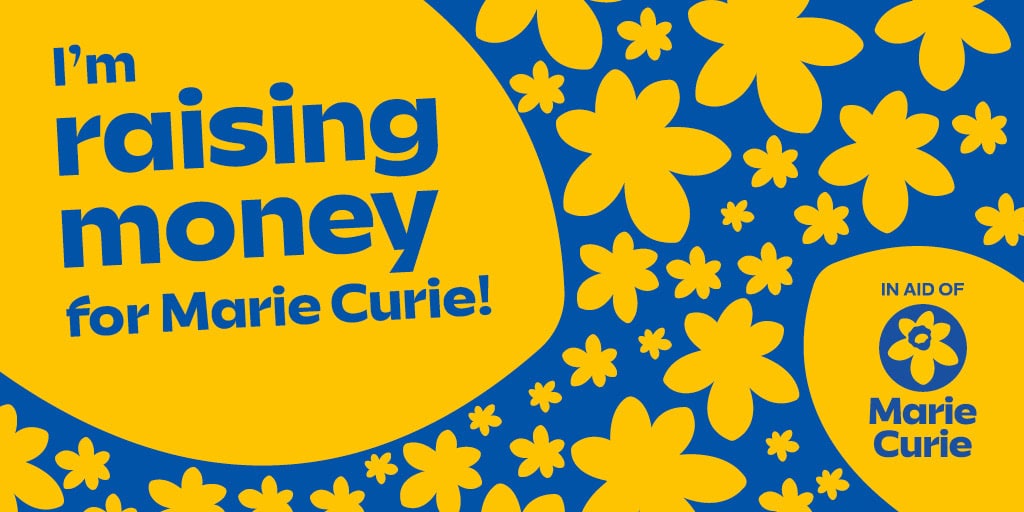It is now getting into the warmer months, so how best should we be keeping ourselves, and more importantly, our elders, cool this summer. Whether you are a carer for an elderly person, or are worried about the heat yourself, here are some tips on how you can stay cool this summer.
Heat exhaustion – what is it?
Heat exhaustion is categorised by experiencing symptoms following exposure to extreme heat, for prolonged periods of time. This can often happen when laying in the sun for too long in high temperatures, or not staying hydrated enough in warmer temperatures. Whilst this is not usually an emergency, it is important to keep cool to avoid developing into a heatstroke.
What are the symptoms of heat exhaustion?
Symptoms can include, but are not limited to:
- Dizziness
- Headaches
- Tiredness
- Nausea
- Thirst
- Excessive sweating
- Heat rashes
- High temperature.
Heatstroke – what is it?
Heatstrokes are different to heat exhaustion in one way – the core body temperature of an individual suffering from heat exhaustion is 38 degrees celsius, whereas somebody suffering from a heat stroke will have an internal body temperature of 40 degrees celsius. The symptoms are also more intense, with the following additional symptoms;
- Confusion
- Lack of co-ordination
- Fatigue
- Risk of brain damage, organ failure, or death.
- Red skin
- Fast breathing/shortness of breath
- Seizures.
If you believe you are suffering from heat exhaustion, please call 111 if your symptoms are moderate, or 999 if you are suffering from the above symptoms and may be at risk of heatstroke. For more information about when you may need to call emergency services, please visit the NHS website here.
Who is most at risk?
Whilst extreme temperatures can affect anyone, there are some groups which are more vulnerable than others. These vulnerable groups include:
- Those over the age of 75.
- Those who are bed-bound, and may not be able to keep cool themselves and rely on carers to provide water for hydration.
- Females, who may suffer from hot flushes during menopause.
- Those who suffer with serious health conditions, such as Diabetes, heart conditions, lung conditions, and even those who suffer with mental health conditions.
- Babies/young children.
- Those with Dementia/Alzheimer’s, who may find it hard to keep themselves cool or remember to stay hydrated.
- Homeless people, who often spend a lot of time outside.
- Those who work outside, such as construction workers.
If you are caring or a person who is bedbound, or is not able to look after themselves independently, it is important to always ensure their surroundings are cool, and always have access to a supply of water to keep themselves hydrated.
What are the best ways to keep cool?
Whether you are caring for yourself or others, the most important rule to keep safe during high temperatures is to stay hydrated, with cool plain water. During higher temperatures, our body may sweat more often than normal, meaning we need to drink more water than usual to stay hydrated. If you are caring for somebody who is bedbound, always make sure to leave a jug of water within reach to avoid dehydration. Furthermore, it is also important to keep hydrated with cool water during warmer temperatures if you have a highly physical job role, or are exercising a lot.
It is also important to wear loose, light clothing when temperatures hit above 25 degrees celsius. Try wearing light colours, like cream, beige or white, and avoid wearing tight fitting clothing like jeans or tight, long sleeve tops.
Additionally, it is always best to avoid the sun during the hours of 11am-3pm when temperatures are at their peak. Often during this time, the chances of getting heat exhaustion are much higher than any other times of the day. So, if possible, avoid direct sunlight and keep in shaded areas to keep as cool as possible.
Another way to avoid dehydration is to avoid drinking excessive amounts of alcohol. Whilst a glass of wine or a nice cocktail in the sun won’t hurt, drinking alcohol excessively will cause severe dehydration when mixed with high temperatures.
Finally, if the temperatures inside of your home are higher than outside, it is important to close any windows and curtains to avoid direct sunlight and warm air circulating into your home. This may seem counterproductive, and you may be more inclined to open windows to bring in ‘fresh air’, but this will only bring warm air from the outside into your home, making the internal temperature warmer.
Let’s stay safe this summer!
To keep up to date with our blog posts on important topics, please visit our ‘News’ page here.








